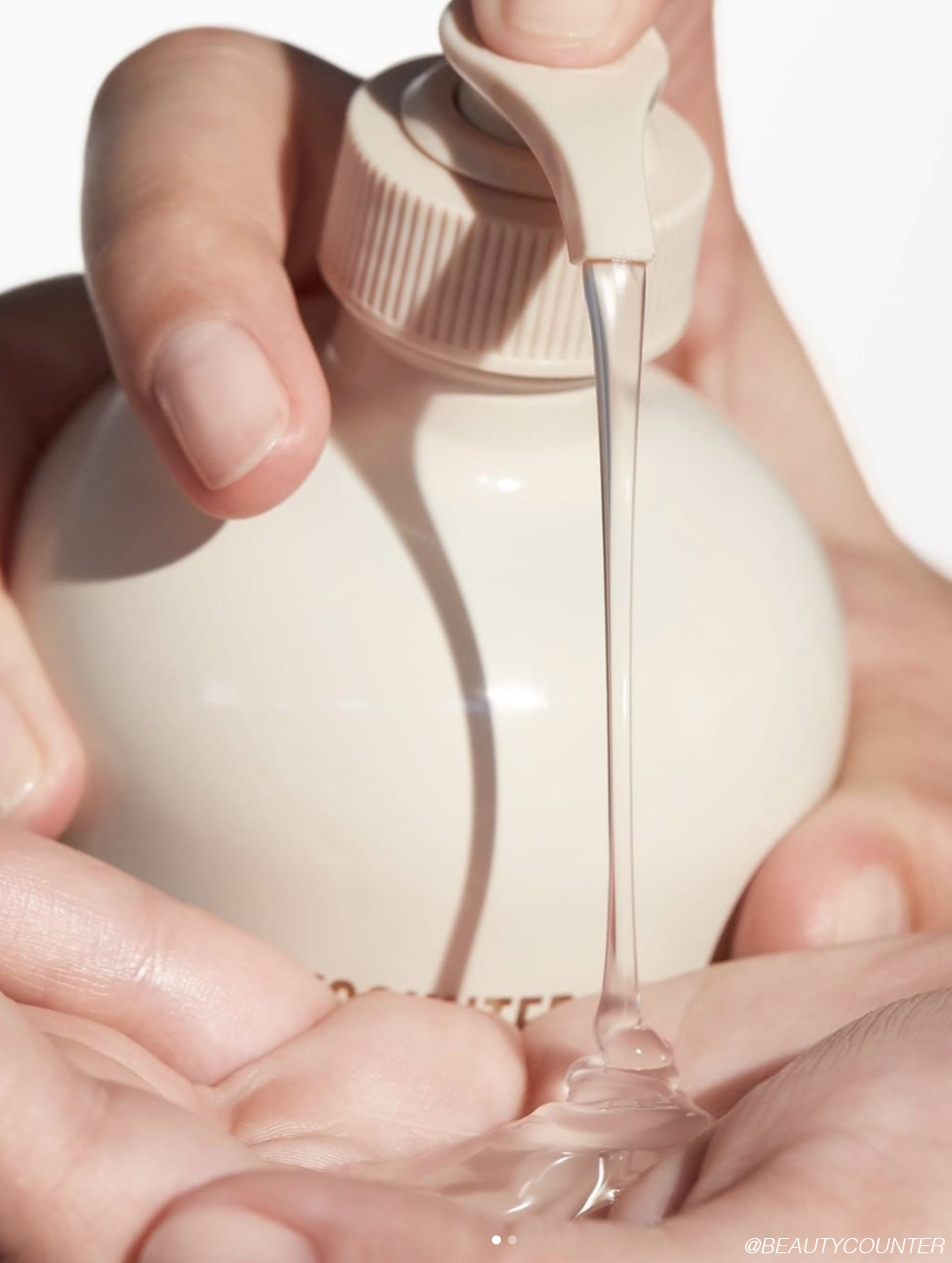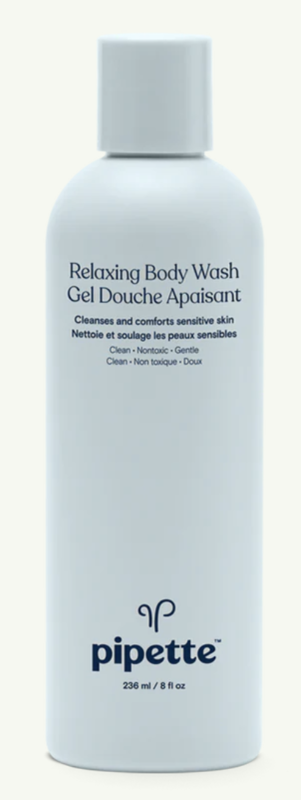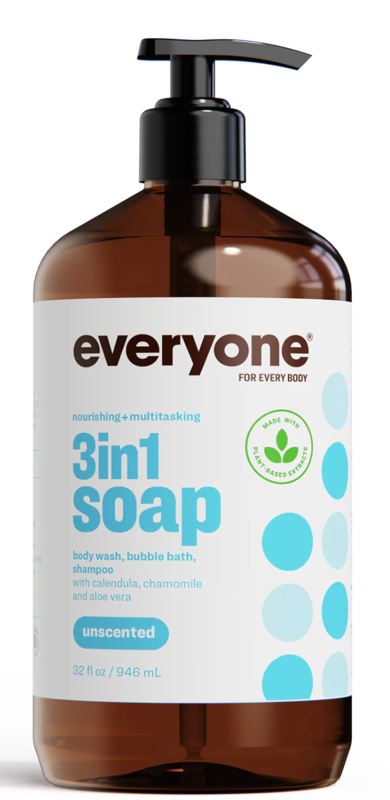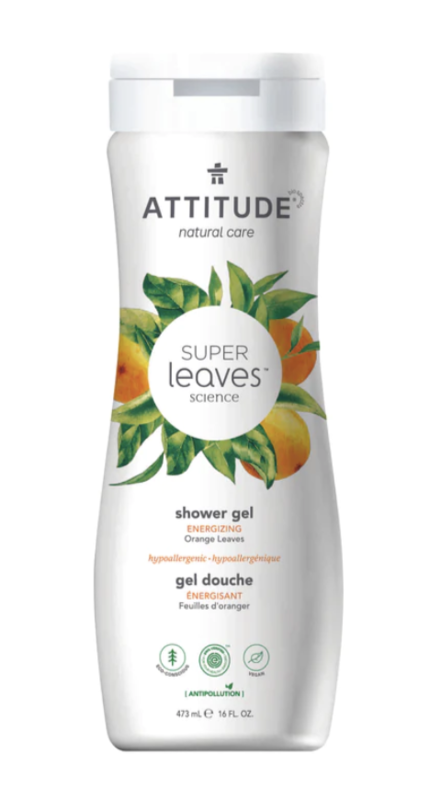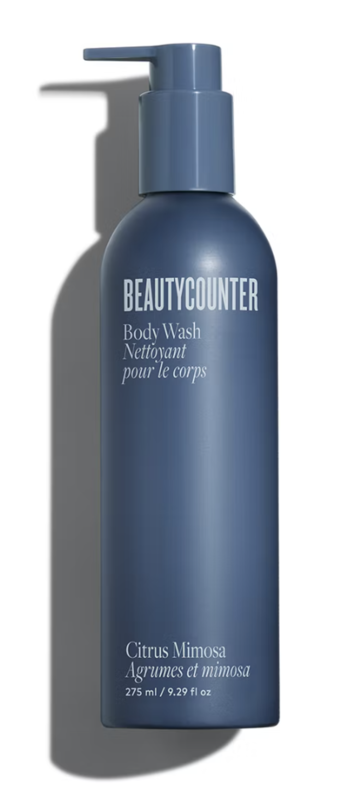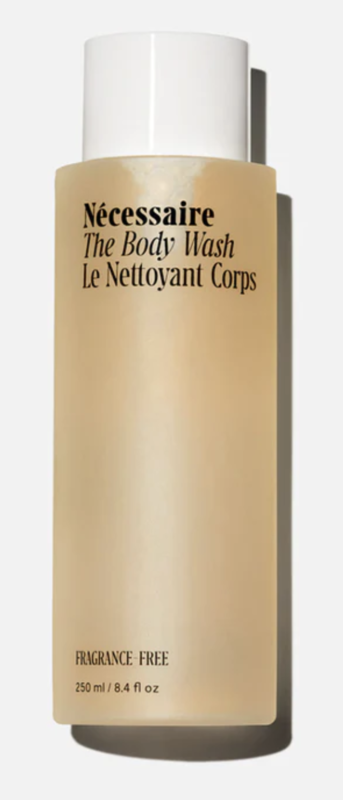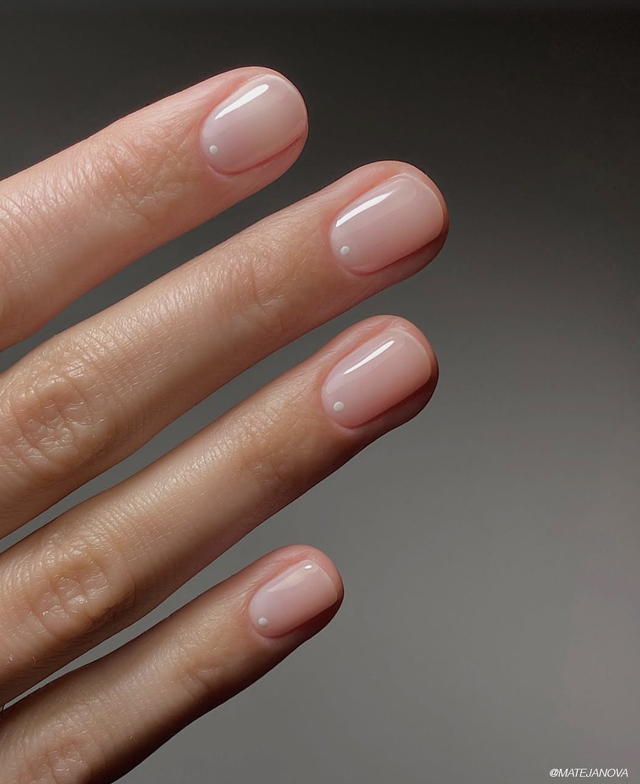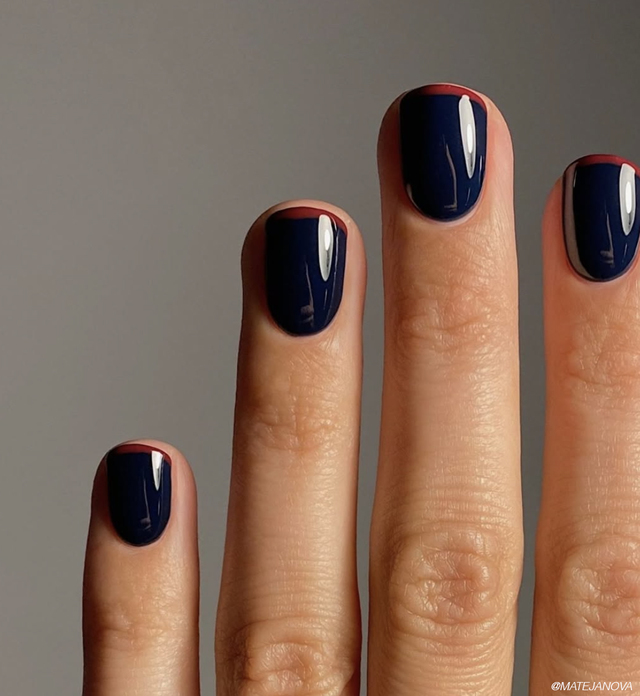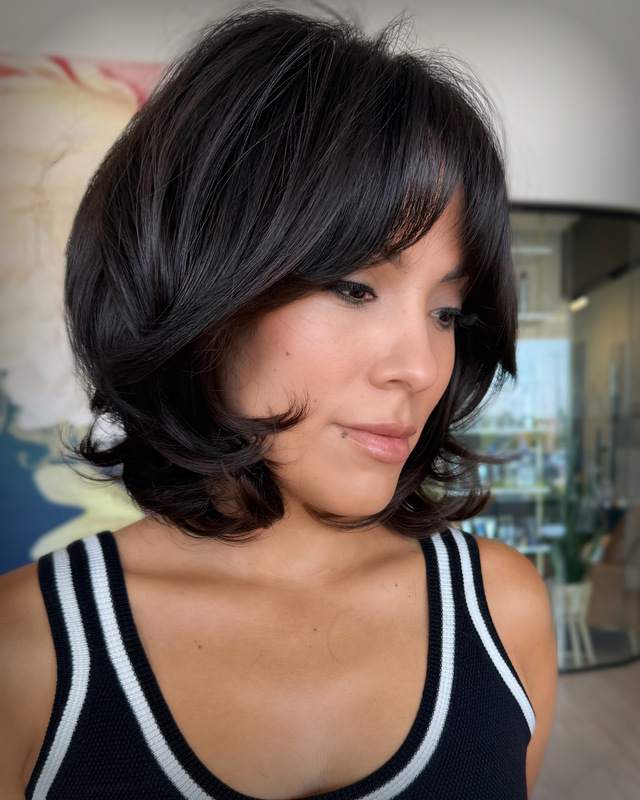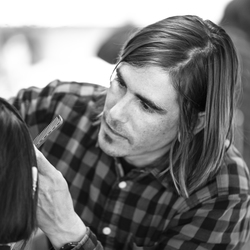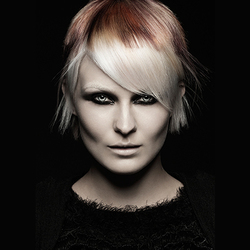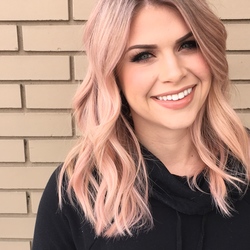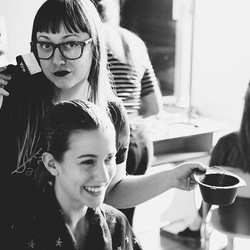Being beauty obsessed, we spend a great deal of time worrying about our skincare routine — applying SPF, using color-safe shampoo, and guarding our strands against heat. But, what about our bodies? This skin is the largest organ in our body, yet we often forget to invest in products that treat it well. Recently, you may have picked up dry brushing or gua sha, which is a great start — but what about taking a look at the ingredients in your body wash?
I knew at a young age that the traditional bar soap my mom used to stock the shower with wasn’t for me — my skin always felt itchy and taut. Other than cleansing and applying body lotion every once in a while, I never took care of the skin on my entire body the way it should have been. Looking back on this now and thinking about how much St. Ives Apricot scrub I used on my face, I am horrified at how little care went into this part of my body. In Cosmetology school, a large focus is placed on skincare but mainly on taking care of the face versus the body. To right the wrongs I repeatedly practiced, I’ve spent the last few seasons upgrading my everyday body care routine and learned a few things along the way.
Investing in clean, effective body care is not a waste of money. From sunscreen to body wash and body oil — everything we put on our bodies is absorbed in our skin and can have a lasting impression on our wellbeing.
What to look for in a body wash:
Each person's skin and skin care concerns will differ, so consulting an esthetician for your exact needs is always a great idea. If you work out a lot, and are dealing with body acne or sensitive skin there are certain ingredients to look for and avoid. For example, if you’re dealing with excess sebum that is causing bacteria to grow in the form of acne a formula that includes salicylic acid can help cleanse and treat the problem.
However, if you’re simply looking for a highly moisturizing solution you’ll want to look for formulas that contain ingredients like hyaluronic acid, niacinamide, or ceramides.
What ingredients to avoid:
While many products have gotten rid of parabens, you should check the label to ensure your formula is paraben-free. Parabens traditionally were added to products to help safeguard against the growth of bacteria or mold in products but have since been found to disrupt the endocrine system greatly. According to the EWG “The concern with these chemicals is that scientific studies suggest that parabens can disrupt hormones in the body and harm fertility and reproductive organs, affect birth outcomes, and increase the risk of cancer. They can also cause skin irritation."
Apart from parabens, many fragrances, sulfates, or other surfactants can also irritate sensitive skin. While each formula will vary with its use of surfactants the common ones are sodium lauryl sulfoacetate, sodium laureth sulfate or cocamidopropyl betaine. Most importantly, avoiding sodium laurel sulfate or its derivatives is key.
A few favorites:
While not all body products will be free of everything, below are a few of our favorites that tick more boxes than others. If you’re still curious about what products to use, try heading to https://www.ewg.org/skindeep/ to see if your formula is listed.
Pipette Relaxing Body Wash
Everyone 3in1 Soap, Unscented
Attitude Super Leaves Shower Gel
Beauty Counter Body Wash Citrus Mimosa
Necessaire Body Wash, Fragrance-Free
